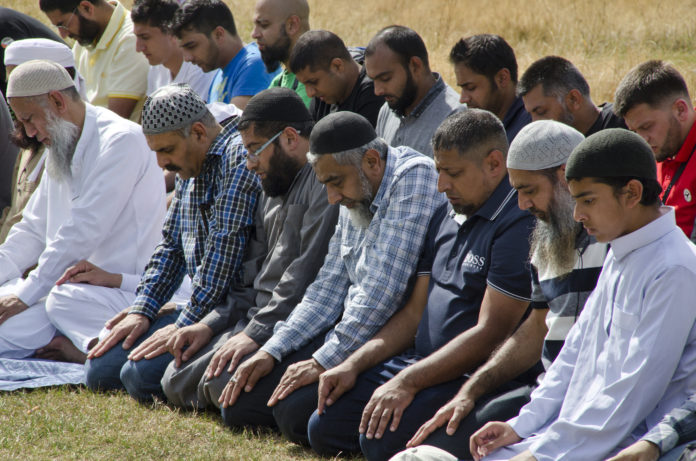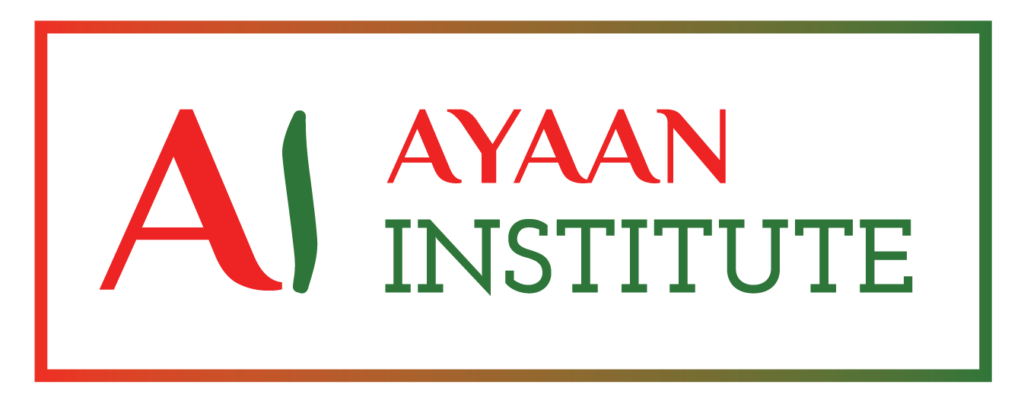
Muslim minorities around the world have failed to organise themselves for the benefit of the wider Ummah and are too closely associated with powerful agenda-driven nation states, a new report has claimed.
The report, “Ummah at the Margins – the Past, Present, and Future of Muslim Minorities,” by the Ayaan Institute, says Muslim minorities need to become more independent of nations such as Saudi Arabia, Iran, Turkey, Qatar and the UAE which exert considerable soft power through their finances.
Written by Yahya Birt, the report asks how can Muslims survive and even thrive as minorities given the turn towards ethnic nationalism and the emergence of a multipolar world?
It argues that strategies to enhance the freedoms and prosperity of Muslim minorities require urgent attention, as these have often been overshadowed by interstate rivalries in the Muslim majority world which sees these minorities as either national assets or liabilities.
The report also asks how can the relationship between Muslim minorities and the Muslim majority world become mutually empowering?
It argues that Muslim minorities have strong soft power potential to revitalise Islamic civilisation. Muslims are globally connected to all multipolar powers in Asia, Africa, Europe, and the Americas today. Provided that their organisation and activities are nurtured in ethical terms rather than neutered in service to religious nationalisms, they can have significant impact globally.
Subscribe to our newsletter and stay updated on the latest news and updates from around the Muslim world!
Currently, 22 percent of Muslims live as minorities which equates to over 400 million people. Thirty one Muslim minorities exist today with populations of over a million. The second largest Muslim population in the world is a minority: India’s 213 million Muslims form just over half of the minority Muslim world.
These minorities can be mostly divided into India, China, and Russia which have historic, large minorities whose deteriorating welfare matters globally; fourteen states in Africa which are a beacon of religious freedom; and nine states in the West where Muslims enjoy higher levels of freedom and wealth then do Muslims elsewhere.
Ayaan Institute director Jahanghir Mohamed said that in order to play a constructive role Muslim minority communities must be “independently organised and strategic in their goals as part of the global Ummah. It also requires that they become more resilient to withstand the hostility and, in some cases, repression or persecution they face in countries where they reside as minorities…
“Yet it is the Muslims who are notably absent in articulating a renewed vision of their own civilizational flourishing in a complex and fast changing world, let alone in setting out a strategy. Muslim political discourse appears stuck on past glories of ruling power and military conquest and has yet to come to terms with the bequest of American imperial overstretch, the globalisation of the security state, and collapse of some Muslim majority states that the global jihad of the last thirty years left us with.”
British Muslims
The paper also discusses Britain’s Muslim population of 3.37m which already possesses considerable strengths in terms of Islamic soft and hard power. Arguably it has been the most vocal Muslim minority in the West since Malcolm X’s heyday, particularly so after 1989.
The report says: “British Muslims enjoy soft power advantages in English as a developing global Islamic language, manifested through the borderless Anglophone internet, with its most important iteration in the Muslim Atlantic, between Muslims in Britain and North America. London with an estimated population of 1.28m in 2019 has acted as a haven for Muslim migrants and political exiles to regroup and rethink in conditions of relative safety and freedom. The global Ummah is represented in the city, providing the perfect ground for a cosmopolitan Ummatic solidarity to be articulated, refined, and fostered.
“There are four other promising vectors of British Muslim soft and hard power: (1) the growing footprint of its creative and online media sectors; (2) a strong charity sector, with £700 million annually in humanitarian relief; (3) the City of London as an Islamic financial hub; and (4) as a source of diasporic business ties and remittances, e.g. the UK is the third largest remittance- sending country to Pakistan.
“These four steps will enhance existing strengths and remedy some weaknesses among British Muslims: (1) professionalise and consolidate the advocacy sector, and de-emphasise representational politics; (2) diversify avenues of political traction locally, away from the party-political system and into advocacy-based coalitions and alliances in order to address the systemic failures of representative democracy with respect to Muslim equality and recognition; (3) rethink Islamic public discourse away from triangulation between Muslim minority status and the unreflective promotion of decontextualised external agendas; and (4) build the online Muslim media capacity and the creative sector in general.”
You can download the report here.





















